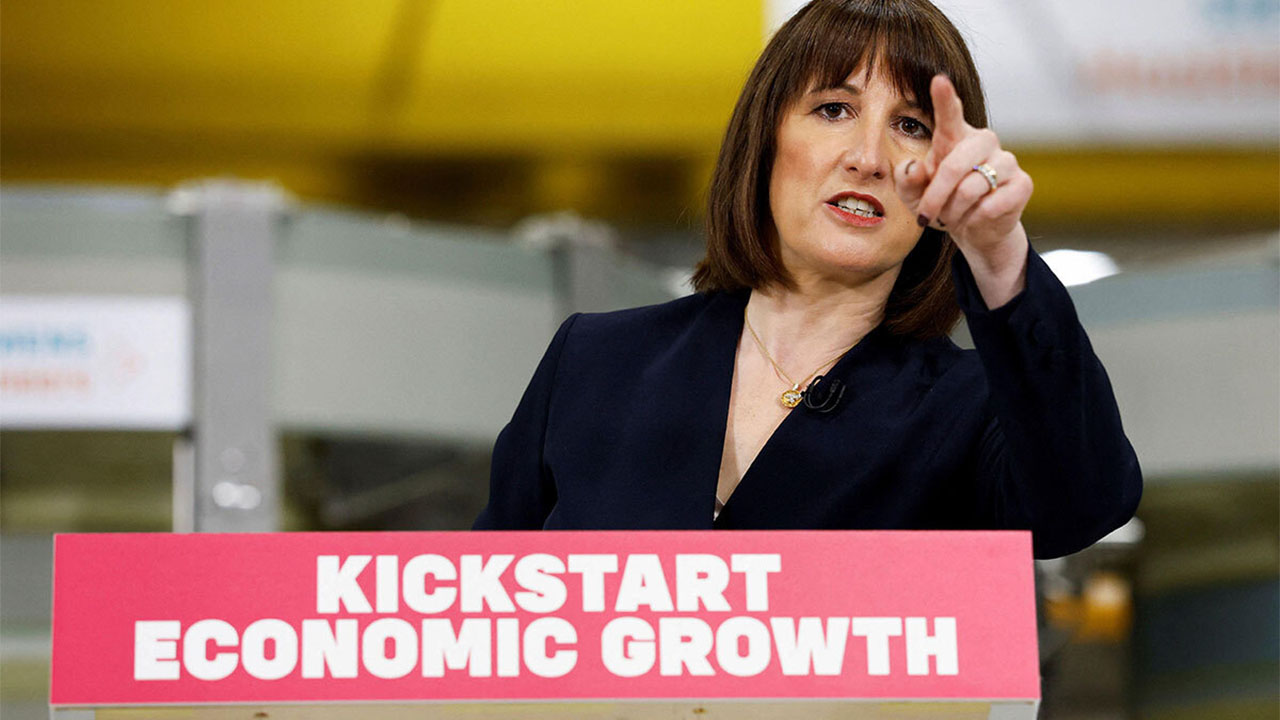As COVID-19/Coronavirus presses the accelerator like never before, is it time to go back to basics? Blog by BLM Law.
So the ink was barely dry, so to speak, on our blog concerning Brexit, and whether that might lead to an increase in insolvencies, when we are hit with an even bigger threat to business and livelihoods with the COVID-19/Coronavirus.
We are all watching the daily updates from the Government as it fights to keep people healthy and the economy on its feet; at the same time, we are already seeing the travel, hospitality and retail sectors under pressure, with Laura Ashley going into administration, Carphone Warehouse and Primark shutting stores and now, a retail lockdown. There is, regrettably, much more bad news to come before the crisis is over.
As we have seen, the Government is doing what it can to support businesses and employees with a furloughing scheme, loans, deferment of tax payments, business rate holidays and protection from landlords and more to come. That will help alleviate concerns to an extent, but with everyone now advised to stay at home & work from home, consumer demand and confidence is at a very low ebb for some businesses and non-existent for others.
Could COVID-19 /Coronavirus accelerate insolvencies?
This unprecedented crisis was not preceded by a buoyant economy; the UK had flat growth, with many businesses struggling to keep their heads above water. Figures recently released by The Insolvency Service showed that in 2019, company insolvencies increased to their highest annual level since 2013. This was noteworthy, but still below anticipated levels. There weren’t signs of an epidemic of insolvencies then, but there are now.
Why do companies fail during normal times?
In normal times, approximately one in four start-ups will fail within a year, half of them within four years. The reasons for failure are many and varied; they include the wrong business model, lack of planning, lack of execution, negative cash flow, disagreements over direction, inadequate demand, heavy initial expenditure, even loss of energy or motivation.
What sort of businesses are failing now?
But failure is not the sole preserve of new market entrants; as we have seen in recent years, a declining trend in the high street retail sector has seen the demise of established businesses, like Laura Ashley. In the world of business today, things change, often at a frightening speed. COVID-19/Coronavirus now presses the accelerator like never before. It all feels quite overwhelming, but it is important in these times to stop, breathe and think about how you can go back to basics with your own business.
What are the tell-tale signs to look out for to spot a soon-to-be insolvent business?
In terms of the tell-tale signs of a business in distress, whatever the underlying reasons, it is vital that you watch out for these.
Keep an eye on longer delays in getting your invoices paid, credit terms being negotiated, future orders dropping or news of redundancies. Focus also on the supplier negotiating payments up front or on delivery when the course of dealing was not previously the case. Never assume that the company you have been dealing with as a customer or supplier, without previous controversy, may not suddenly be putting your business in danger. You may well be prepared, but what about the overall supply chain? Beware the multitude of “zombie” companies that hang by the thinnest of threads even in better times.
What to do if your own business is under financial stress during the COVID-19 /Coronavirus pandemic
If there are signs that your own business is under financial stress, be this through customer or supplier failures, or significant claims, rising costs and below projected income, don’t let it fester. The Coronavirus /COVID-19 is likely to intensify that stress, even for businesses previously considered to be healthy. Take a good look at the most realistic projections you can make and see if your business can still be viable – for example, if you take the Government loans under the current scheme, will you be able to service them when the crisis has passed?
Repackage & Diversify to beat COVID-19 /Coronavirus
Seeking advice on the state of your business at an early stage may turn it around. With independent professional input you can focus on profitable areas of the business, discontinue unprofitable areas where there is less demand, diversify and “repackage” if at all possible to meet changed market demand, make sensible cost cutting measures, arrangements with your bank and other creditors and a general steer on restructuring your business. From the threat of collapse may come the opportunity to thrive, with your business in a better shape once this crisis is over.
If, having taken advice, there is no prospect of saving the business, you can wind up its affairs with the benefit of professional advice, mitigating your risk of personal liability. If the advice is that with urgent measures, the business is salvageable, then you have shown common sense and been given a professional steer for comparatively little cost.
Beware the spectre of insolvency
So never be complacent, recognise the spectre of insolvency, control your customers and suppliers and watch the financial performance of your own business at all times. If you have any concerns, seek early and independent advice; better to have worried unnecessarily at an early stage than realise the game is up when it’s too late.
But for most businesses, whilst business failures are not always based on finances, bottom lines are usually the core issue. Cash flow tends to kill businesses, not profitability. The spectre of insolvency for a business is therefore real and for most businesses, never that far away, particularly in these tumultuous times.
Above all, stay well.









